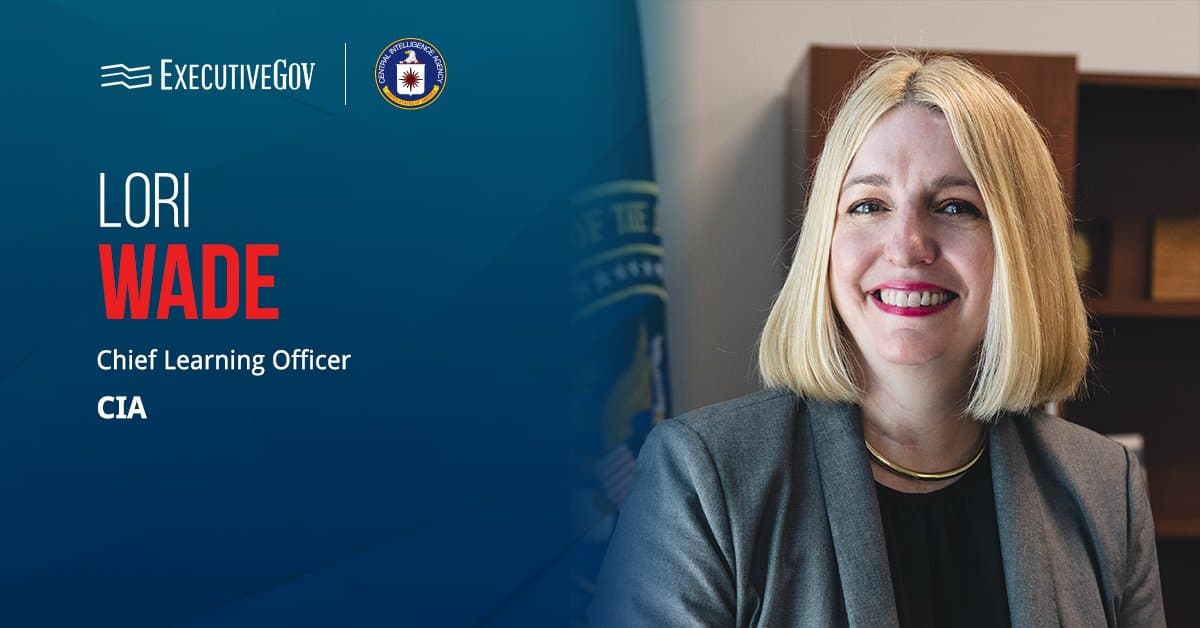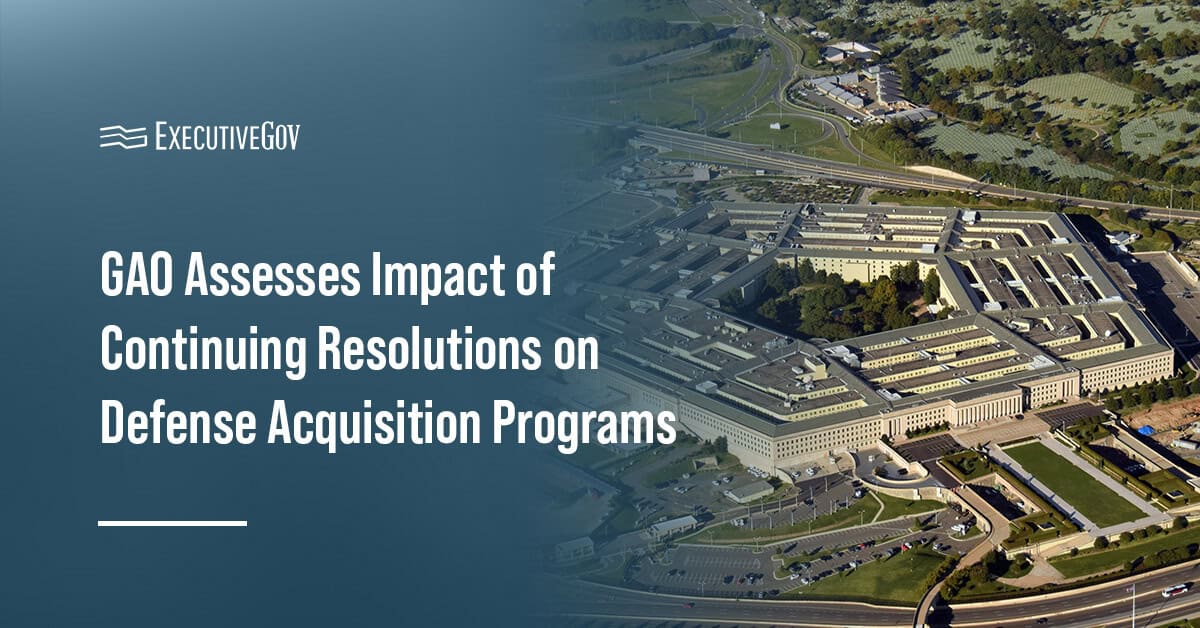Lina Khan, President Biden's nominee to chair the Federal Trade Commission (FTC), has taken her oath to fill the role through September 25, 2024.
She formerly served as an associate professor at Columbia Law School and as a legal adviser to FTC commissioner Rohit Chopra, the commission said Tuesday.
Khan has published policy studies in the Yale Law Journal, Harvard Law Review, Columbia Law Review, and University of Chicago Law Review. The Senate granted her confirmation for the role of FTC chair on Tuesday.
“I look forward to working with my colleagues to protect the public from corporate abuse," Khan said.
The commission protects U.S. consumers from fraudulent activities and promotes competition across the country's free-market economy.





